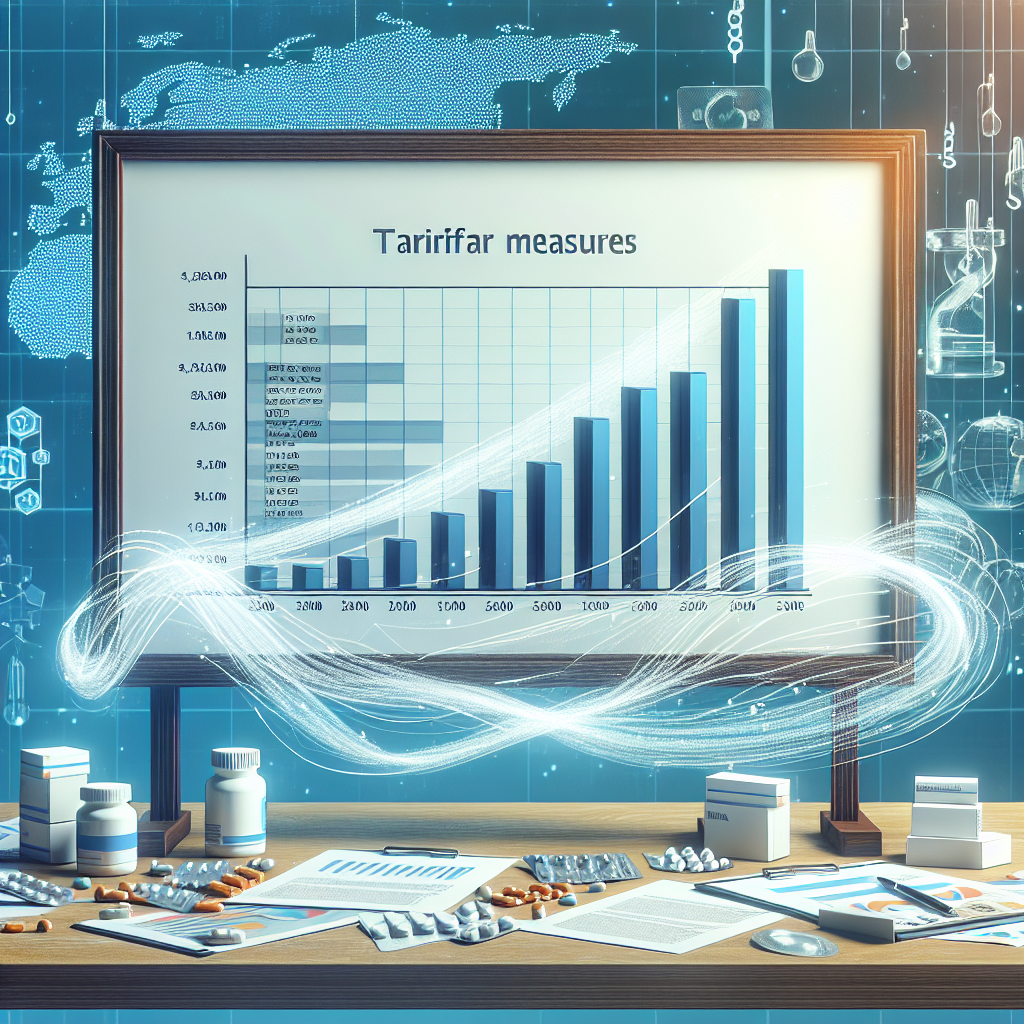Tariff Turmoil: U.S. Shoulders Financial Burden Amid Trade Wars
American companies and consumers are experiencing financial pressure from new import tariffs, contrary to President Trump's predictions. This adds challenges to the Federal Reserve's inflation control efforts, as U.S. firms pass on costs to consumers. Import costs rise, creating higher inflation and affecting global trade dynamics.

U.S. companies and consumers are increasingly feeling the financial strain of the administration's latest import tariffs, early indicators dispute President Trump's original claims that foreign exporters would absorb these costs. This presents additional challenges for the Federal Reserve's ongoing struggle against inflation.
Research indicates that American companies have been absorbing the brunt of these tariffs, with academics noting gradual pass-through effects increasing domestic consumer prices. Meanwhile, foreign producers are reportedly raising prices in response to the dollar's depreciation, contradicting earlier policy expectations.
As global trade suffers, with reduced export orders and falling EU shipments to the U.S., the long-term impacts of these tariffs remain unclear. ING economists forecast significant reductions in EU exports, affecting economic growth projections amidst changing global trade patterns.
(With inputs from agencies.)
ALSO READ
Low-Income Countries Struggle to Balance Inflation and Growth, Says IMF Report
Markets Brace for Fed Insight Amid Inflation Fears: Equities Feel the Heat
Banxico's Balancing Act: Navigating Inflation and Interest Rate Strategy
Wall Street Surges as Investors Eye Federal Reserve's Next Moves
Debate Intensifies Over Federal Reserve's Interest Rate Strategy










